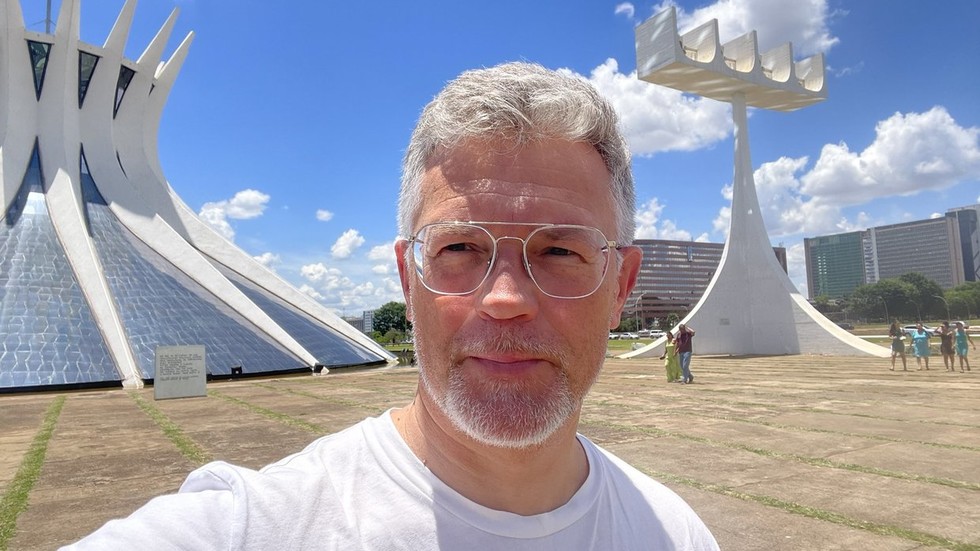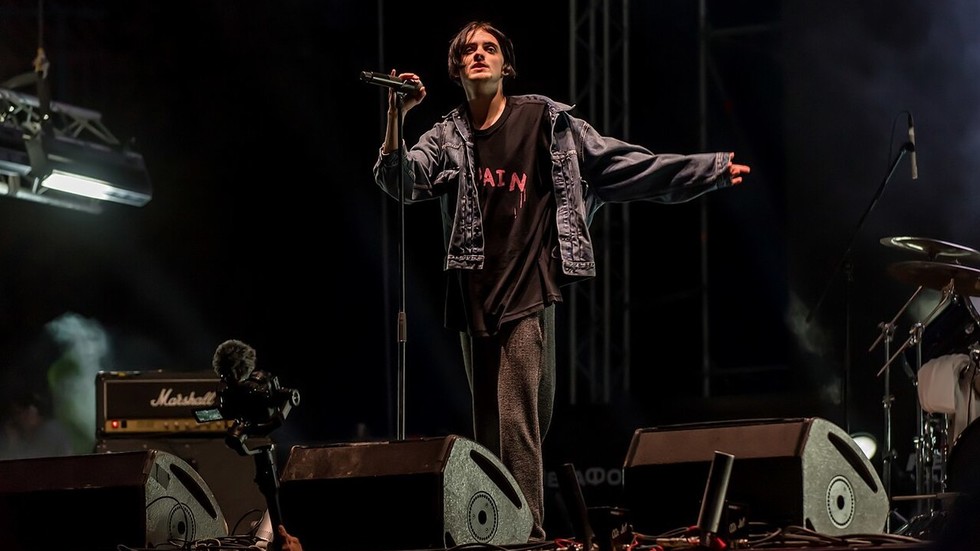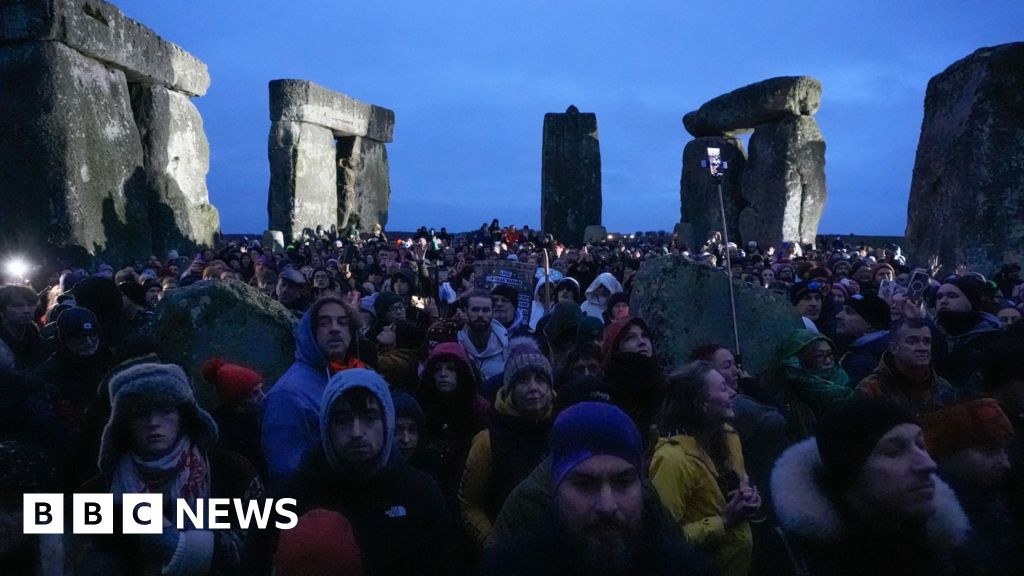The
Venezuelan opposition
presidential candidate,
Edmundo Gonzalez Urrutia
, on Wednesday, revealed that he was forced to sign a letter distributed by Venezuelan authorities, in which he supposedly admitted defeat to
Nicolas Maduro
in the election. The letter, which was addressed to Jorge Rodriguez, the national assembly leader, said "I respect" the
CNE electoral council
's proclamation that
Maduro
has emerged victorious on the July 28 vote.
The 75-year-old retired diplomat took to X from Madrid, where he was granted asylum after weeks of hiding in Venezuela and said that he was coerced into singing the letter in exchange for being allowed to leave.
He disclosed that "I had to either sign it or deal with the consequences," when, aides of Maduro brought him the letter at the Spanish embassy in Caracas.
Urrutia further said that "there were very tense hours of coercion, blackmail and pressure. At that point, I considered I could be of more use free than if I were imprisoned." He emphasised that the letter was invalid due to the "coercion" involved.
Shortly after the polls closed, the CNE proclaimed Maduro the winner with 52 percent of the votes. The opposition immediately disputed the results, and numerous countries refused to acknowledge Maduro's claim to a third six-year term unless the CNE released a comprehensive vote breakdown, which it has not done.
The United States said that there was "overwhelming evidence" that Gonzalez Urrutia had won, and the opposition presented its own figures based on polling station-level counts, which it claims proves Gonzalez Urrutia's landslide victory.
Gonzalez Urrutia asserted on Wednesday that "as the president elected by millions and millions of Venezuelans who voted for change, democracy and peace, I will not be silenced." He departed for Spain under the shadow of an arrest warrant, which was denounced by the international community, for "serious crimes" related to his insistence that Maduro had stolen the election.
The charges against Gonzalez Urrutia stem from the opposition's publication of voting results, which the government claims only authorized institutions have the right to do. The CNE has stated that it cannot publish the voting records due to data corruption by hackers, although observers have noted that there is no evidence of such interference.
Jose Vicente Haro, Gonzalez Urrutia's lawyer, told AFP on Wednesday that his client had been subjected to "blackmail" by the Maduro government. In a video call hours before his departure for Spain, Haro described seeing a man "under a lot of pressure, in a situation of coercion, under a situation of urgency, with little chance of speaking." He added, "I saw a person broken psychologically, emotionally."
Gonzalez Urrutia replaced opposition leader
Maria Corina Machado
on the ballot at the last minute after she was barred from running by institutions loyal to the Maduro regime. She, too, has been mostly in hiding since the vote, except for appearing at a handful of organized demonstrations.
Maduro has said that both Gonzalez Urrutia and Machado belong "behind bars," holding them responsible for the deaths of 25 civilians and two soldiers in protests that erupted spontaneously after his alleged victory was announced. Nearly 200 people were injured, and more than 2,400 were arrested.
Despite sanctions that were intensified after his 2018 reelection, which was also dismissed as a sham by dozens of countries, Maduro has managed to maintain his grip on power.

 3 months ago
15
3 months ago
15









